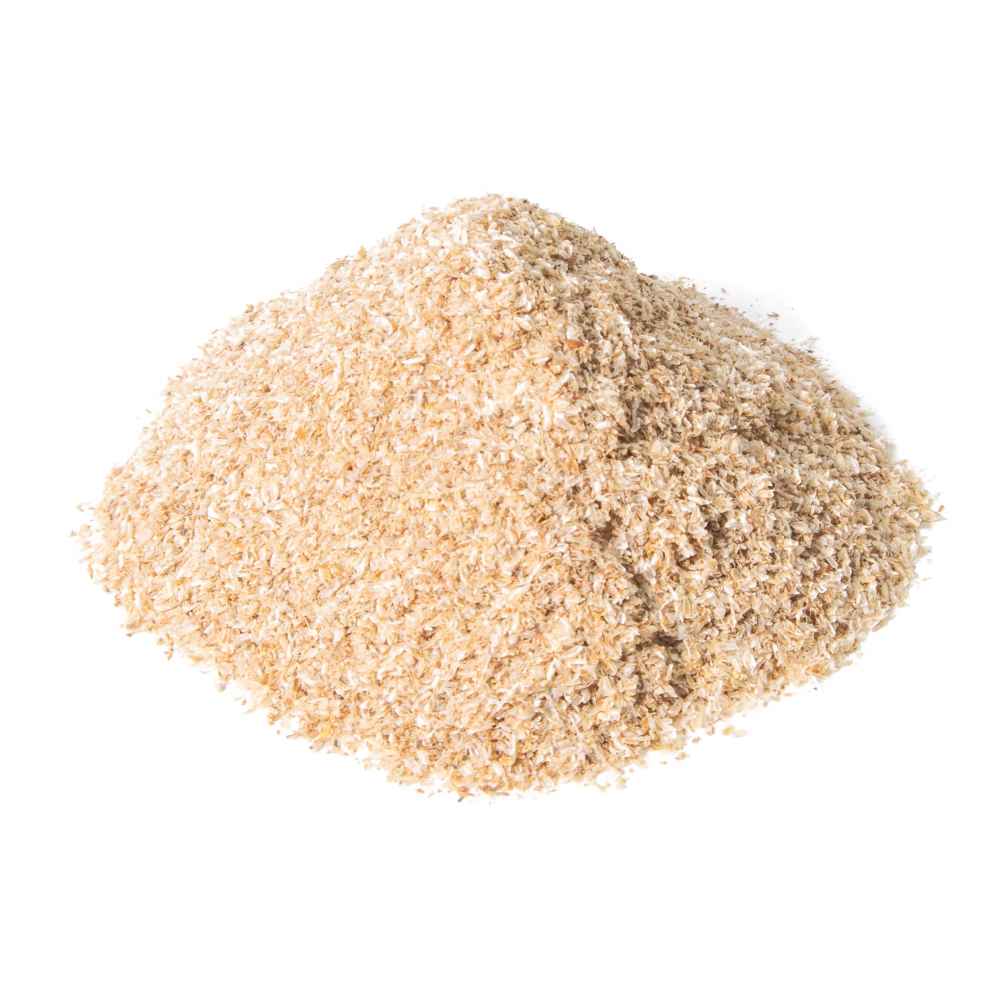- Home
- Ayurvedic Herbs
- Herbal Powder
- Isabgol Bhusi Premium | Psyllium Husk | Plantago ovata Forsk.






Isabgol Bhusi Premium | Psyllium Husk | Plantago ovata Forsk.
Arabic Name : Bazrqutoona, Bizr al qutoona, Luqmat al naja | Bengali Name : Isabgul, Eshopgol | Chinese Name : Ch Chientzu | English Name : Psyllium, Flea Seed, lspaghula Seed | French Name : Graines de Psyllium | Gujarati Name : Uthamujeerun, ... Read More
Isabgol Bhusi Premium | Psyllium Husk | Plantago ovata Forsk. - 250 Gram
600 450 25 % OFF
Isabgol Bhusi Premium | Psyllium Husk | Plantago ovata Forsk. - 100 Gram
240 180 25 % OFF
Isabgol Bhusi Premium | Psyllium Husk | Plantago ovata Forsk. - 500 Gram
1200 900 25 % OFF
Isabgol Bhusi Premium | Psyllium Husk | Plantago ovata Forsk. - 1 Kg
2400 1800 25 % OFF
Products Description
Psyllium Husk has been used in Ayurvedic medicine in India and in traditional Chinese medicine for thousands of years both for its laxative (with warm water) and antidiarrhoeal (with cold water) action. It also has aperient, astringent, demulcent, diuretic, emollient and expectorant properties. It restores proper bowel movements by stimulating nutritional programme of digestive system and in treatment of chronic constipation, especially when the condition results from an over-tensed or over-relaxed bowel.
By maintaining a higher water content within the large bowel, the husks and seeds increase the bulk of the stool, easing its passage. It should be used on its own and not combined with stimulant laxatives such as senna. A clinical trial performed in Germany in 1994 documents the efficacy of Ispaghula husk in treating irritable bowel syndrome (IBS). It is also reputed to soothe gastric inflammation, as well as urinary tract infections (UTI). Contrary to expectation, it is a useful remedy for diarrhoea. Because the seeds tend to swell and create a feeling of fullness, they can help curb appetite. Also useful for colitis, dysentery, urethritis, cystitis, ulcers, gastritis, high LDL cholesterol level and high triglycerides. In some studies high- fiber in Psyllium has improved glucose tolerance in people with Type 2 diabetes. May also inhibit intestinal organism growth. The thickened jelly absorbs toxins and bacteria. As a demulcent it is useful in coughs and colds and other pharyngeal disorders, particularly for children.
Helps to reduce risk of heart attack by decreasing serum cholesterol through proper excretion of bile acids. Also helps in eliminating accumulated toxic, chemicals and excessive waste products from the body.
In several studies conducted, researchers found that seriously obese people who took few teaspoons of Psyllium with water before meals lost more weight than those who did not.
Recommended Dosage : 5 g to 10 g seeds. Sufficient fluids must be taken with the seeds, e.g., 150 ml water to 5 g seeds. The dose should be taken half hour to one hour after taking other medication. Consult a physician if diarrhoea lasts for more than 3-4 days.
Common Names
Arabic Name : Bazrqutoona, Bizr al-qutoona, Luqmat al-na’ja
Bengali Name : Isabgul, Eshopgol
Chinese Name : Ch’-Ch’ientzu
English Name : Psyllium, Flea Seed, lspaghula Seed
French Name : Graines de Psyllium
Gujarati Name : Uthamujeerun, Isaphgol
Hindi Name : lsabgol, Isapgol, Isapghul, Isarghol, Ispaghul
Kannada Name : Issabagolu
Kashmiri Name : Ismogul, Satismogul
Latin name : Plantago ovata Forsk.
Marathi Name : Isapghol
Persian Name : lsabghol, Isparzah
Punjabi Name : Isapghol
Sanskrit Name : Snigdhajira, Ashwagolam
Urdu Name : Isabghol, Aspaghol (Seeds), Bhusi Isabghol (Husk)
The information is for educational purposes only. This information has not been evaluated by the Food and Drug Administration. This information is not intended to diagnose, treat, cure, or prevent any disease.




